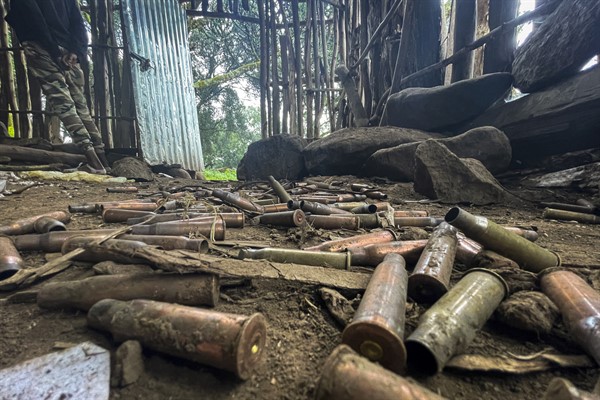In 2019, Ethiopia’s young and dynamic prime minister, Abiy Ahmed, was awarded the Nobel Peace Prize for his efforts to resolve the longstanding tensions between his country and Eritrea. His announcement of domestic political reforms were received well both abroad and at home, many Ethiopians had felt excluded by a political system seen as having been captured by the country’s Tigrayan ethnic minority.
Today, none of this enthusiasm is left. In late 2020, long-running tensions between the central government and the Tigray People’s Liberation Front, once the dominant ethnic party in the ruling coalition, escalated into a full-blown civil war. The conflict has been characterized by shocking atrocities and abuses on all sides. More than 2 million people have been forced to flee their homes, and political repression has increased in the wake of the war.
On March 24, Abiy’s government and Tigrayan forces declared an indefinite humanitarian truce in Tigray, and some humanitarian aid has since reached the area. But the conflict, which has shattered Ethiopia’s image as an economic and political powerhouse in the region, is far from resolved.
On this week’s episode of Trend Lines, William Davison, the International Crisis Group’s senior analyst for Ethiopia, joins Peter Dörrie to unpack the background of the conflict and the latest developments in Ethiopia.
Listen:
Download: MP3
Relevant articles on World Politics Review:
How Abiy’s Effort to Redefine Ethiopia Led to War in Tigray
Tigray Is Being Deliberately Starved to Death
The U.S. Needs Sharper Tools to Stop the War in Ethiopia
Getting to a Sustainable Endgame in Ethiopia Will Be an Uphill Climb
Trend Lines is produced and edited by Peter Dörrie, a freelance journalist and analyst focusing on security and resource politics in Africa. You can follow him on Twitter at @peterdoerrie.
To send feedback or questions, email us at podcast@worldpoliticsreview.com




